
African Black Soap: Natural Skincare Solution for Healthy and Glowing Skin
African Black Soap: Natural Skincare Solution for Healthy and Glowing Skin
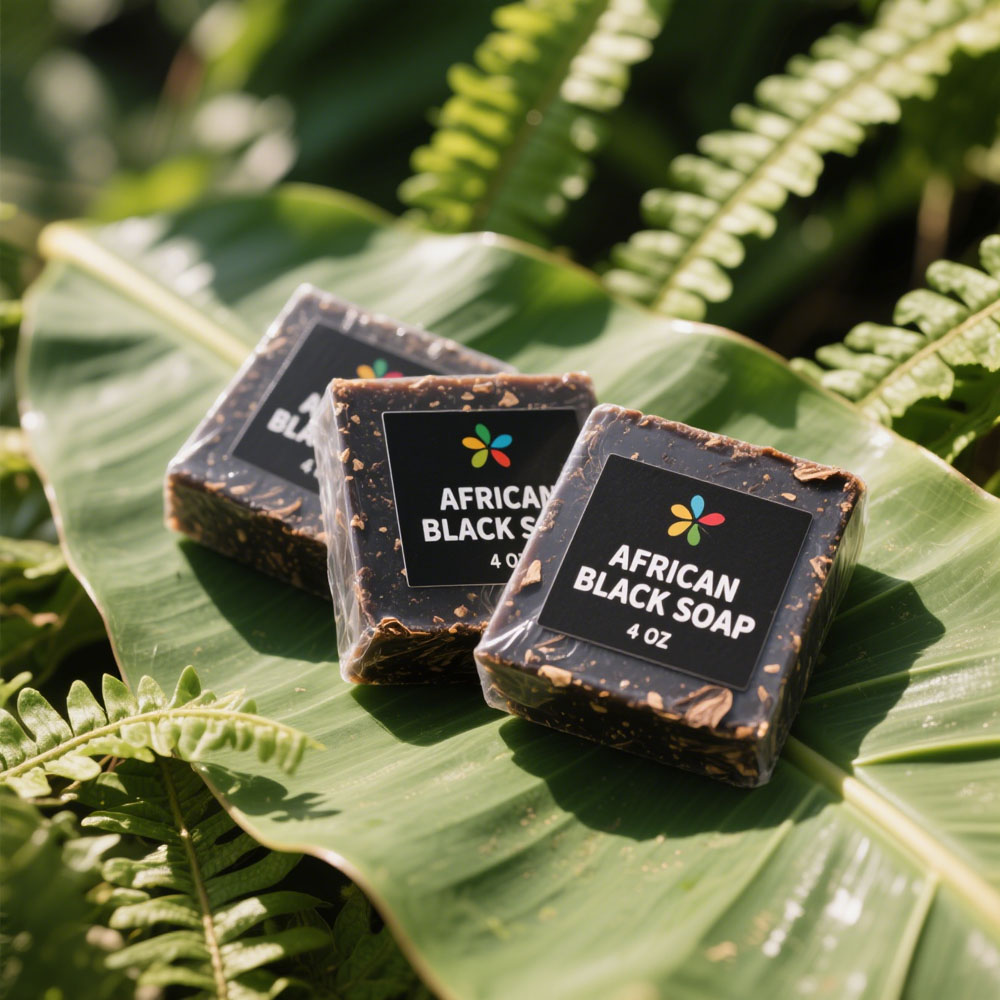
In recent years, African Black Soap has become one of the most sought-after natural skincare products worldwide. Known for its unique ingredients and powerful benefits, it offers a natural way to cleanse, exfoliate, and nourish the skin. Whether you have acne-prone skin, uneven skin tone, or sensitive skin, African Black Soap might just be the solution you need.
In this comprehensive guide, we will explore the advantages of African Black Soap, its key ingredients, benefits for the face and body, and the best ways how to use African Black Soap effectively.
Contents
What is African Black Soap?
Key Ingredients of African Black Soap
Advantages and Benefits of African Black Soap
How to Use African Black Soap for Best Results
Where to Buy Authentic African Black Soap?
Organic Black Soap and Its Role in Modern Skincare
Frequently Asked Questions (FAQs)
Conclusion
What is African Black Soap?

African Black Soap, sometimes referred to as organic black soap, originates from West Africa. Traditionally handmade, it is created by blending plant-based ingredients such as plantain skins, cocoa pods, palm oil, and shea butter. The soap has a distinctive dark color due to the ash content from the plant materials used.
Unlike many commercial soaps, African Black Soap contains no synthetic chemicals, artificial fragrances, or harmful preservatives. This makes it a natural, gentle choice for daily skincare.
Key Ingredients of African Black Soap
The power of African Black Soap lies in its natural ingredients, which have been used for generations for their skin-healing properties:
Plantain Skin Ash: Rich in vitamins A and E, this ingredient acts as a natural exfoliant, gently removing dead skin cells and promoting cell regeneration.
Raw Shea Butter: Known for its moisturizing and anti-inflammatory effects, shea butter helps soothe irritated skin and maintain hydration.
Cocoa Pod Ash: Contains antioxidants that protect skin from environmental damage and aid in skin repair.
Coconut Oil: Nourishes the skin and has antimicrobial properties, helping to cleanse without stripping natural oils.
Palm Kernel Oil: Adds creamy texture and cleansing power, leaving skin feeling soft and refreshed.
Advantages and Benefits of African Black Soap
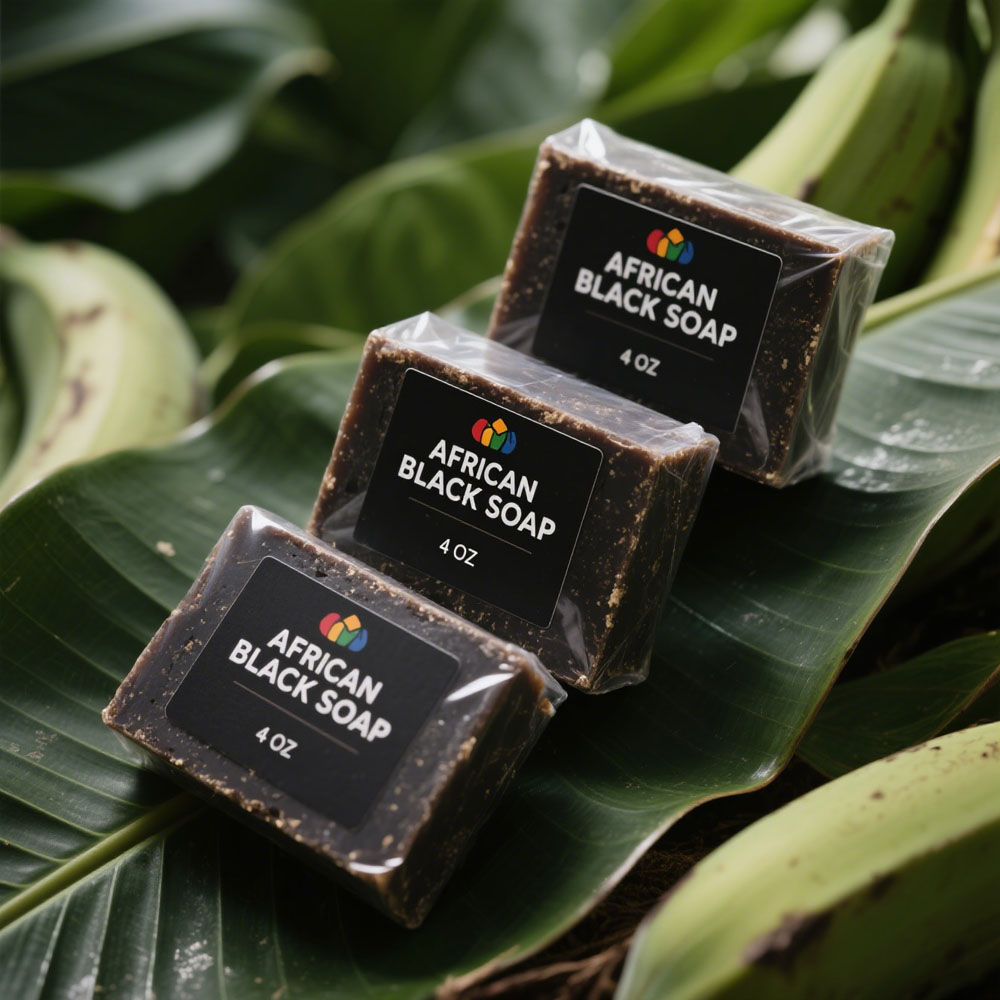
African Black Soap is packed with skincare advantages that cater to a variety of skin types and concerns:
1. Deep Cleansing and Detoxification
African Black Soap effectively removes dirt, oil, and impurities from the skin. Its natural cleansing properties help unclog pores, reducing the chances of acne and breakouts.
2. Gentle Exfoliation
Thanks to the ash from plant materials, the soap provides mild exfoliation that removes dead skin cells, revealing fresher and smoother skin underneath.
3. Acne and Pimples Reduction
With its antibacterial and anti-inflammatory properties, African Black Soap helps reduce acne, pimples, and blackheads. It balances skin oil production, making it ideal for oily and combination skin.
4. Fading Dark Spots and Hyperpigmentation
Regular use of African Black Soap can help lighten dark spots, scars, and blemishes, leading to a more even skin tone.
5. Suitable for Sensitive Skin
Free from harsh chemicals, the soap is gentle enough for sensitive skin and can soothe irritation and redness.
6. Multi-Purpose Use
African Black Soap is not only beneficial for the face but also works well on the body, helping with conditions like eczema, psoriasis, and dry skin patches.
How to Use African Black Soap for Best Results
Using African Black Soap correctly is essential to enjoy its full benefits without causing dryness or irritation. Here is a step-by-step guide:
Wet your skin with warm water to open pores.
Lather the soap in your hands or on a washcloth to create a rich foam.
Gently massage the foam onto your face or body in circular motions, avoiding the eyes.
Leave the soap on for 1-3 minutes to allow it to work on impurities. If you have sensitive skin, start with a shorter time.
Rinse thoroughly with lukewarm water.
Pat dry gently with a towel and immediately apply a moisturizer to prevent dryness.
Tips:
If you have dry skin, use the soap less frequently (e.g., every other day).
For oily or acne-prone skin, daily use may be beneficial.
Always perform a patch test before full use.
Where to Buy Authentic African Black Soap?

With the rise in popularity, many products claim to be African Black Soap but are synthetic or diluted. To ensure you receive the authentic African Black Soap, consider the following:
Check ingredient lists for natural components such as plantain skins, shea butter, cocoa pods, and coconut oil.
Avoid soaps with artificial fragrances, colors, or parabens.
Purchase from reputable sellers or trusted manufacturers who specialize in natural or organic skincare.
Look for customer reviews and testimonials.
Organic Black Soap and Its Role in Modern Skincare

More consumers are shifting towards natural and organic products for their skincare routines. African Black Soap fits perfectly into this trend as an eco-friendly, biodegradable, and cruelty-free product.
Its versatility allows it to complement other skincare products, such as moisturizers, serums, and sunscreens, helping you build a holistic skincare regimen.
Frequently Asked Questions (FAQs)
Is African Black Soap good for all skin types?
Yes, but those with very dry skin should use it sparingly and always moisturize afterward.
Can African Black Soap help with eczema or psoriasis?
Many users report relief from eczema and psoriasis symptoms, but it's best to consult a dermatologist for severe cases.
How often should I use African Black Soap?
Most people benefit from daily use, but adjust frequency based on your skin’s response.
Does African Black Soap have a scent?
Authentic soap has a natural earthy smell due to its ingredients. Fragrance-free versions are best for sensitive users.
Conclusion
African Black Soap offers a natural, effective, and affordable skincare option for those seeking gentle cleansing and healing properties. Its rich heritage and scientifically backed ingredients make it an excellent choice for improving skin health, reducing acne, and achieving a radiant complexion.
If you are looking to enhance your skincare routine with a natural product, consider trying authentic African Black Soap. Remember to purchase from trusted sources and use it properly to enjoy the maximum benefits.
Keywords used: advantages of african black soap, african black soap benefits, black soap for face, african black soap for face, african black soap ingredients, authentic african black soap, how to use african black soap, organic black soap, soap for black spots
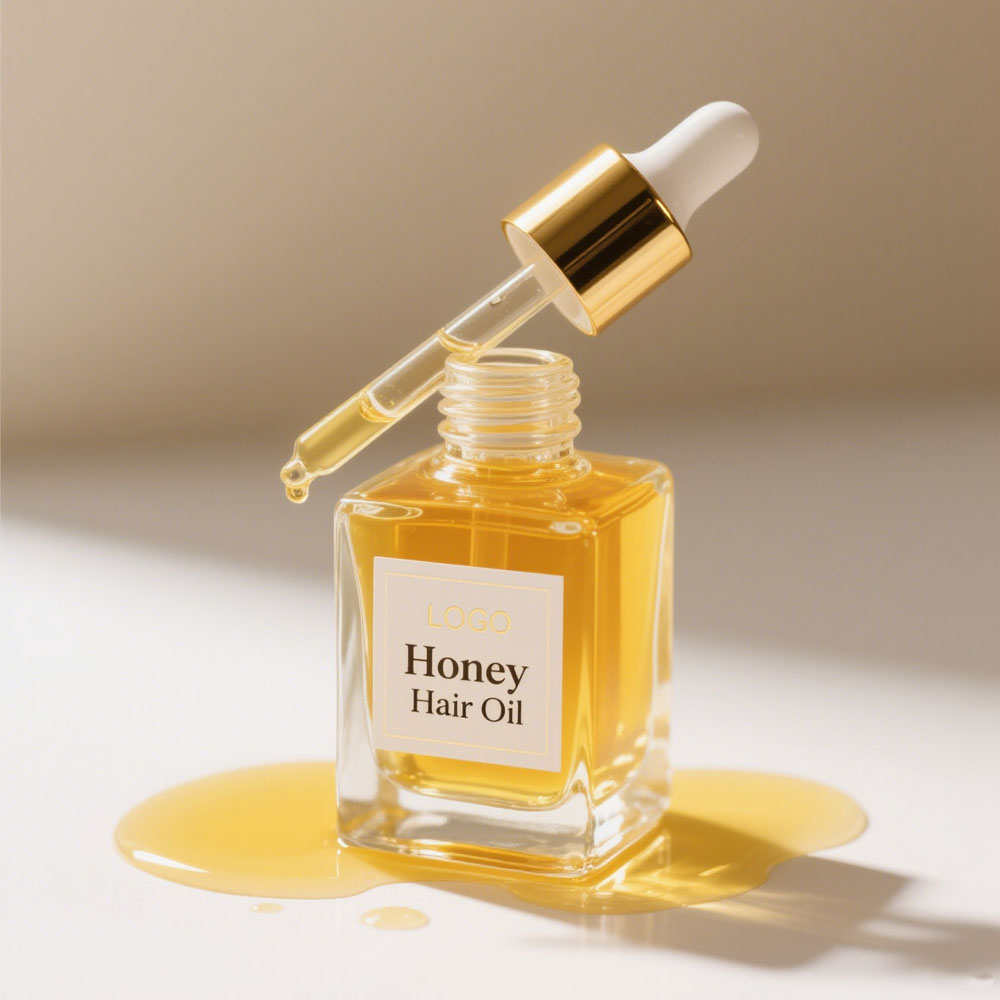 Honey Infused Hair Oil: The Na
Honey Infused Hair Oil: The Na
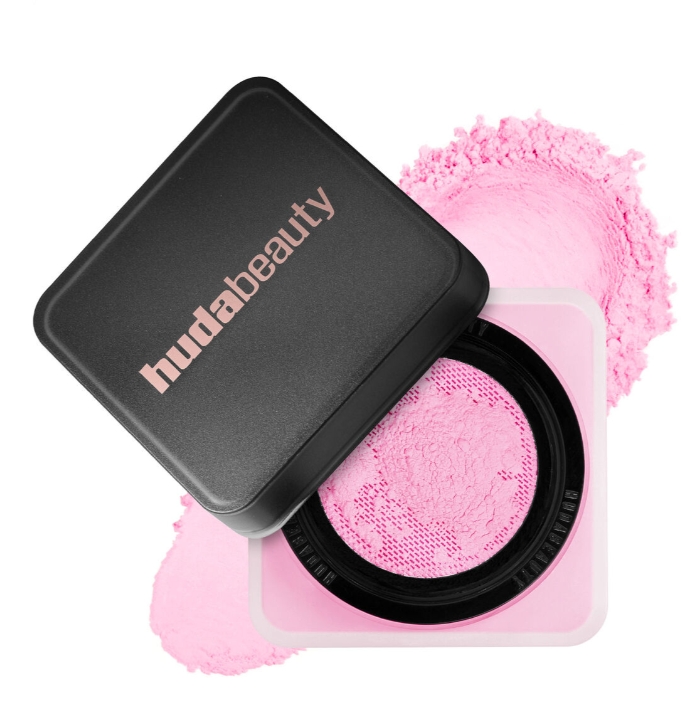 The 6 Best Pink Setting Powder
The 6 Best Pink Setting Powder
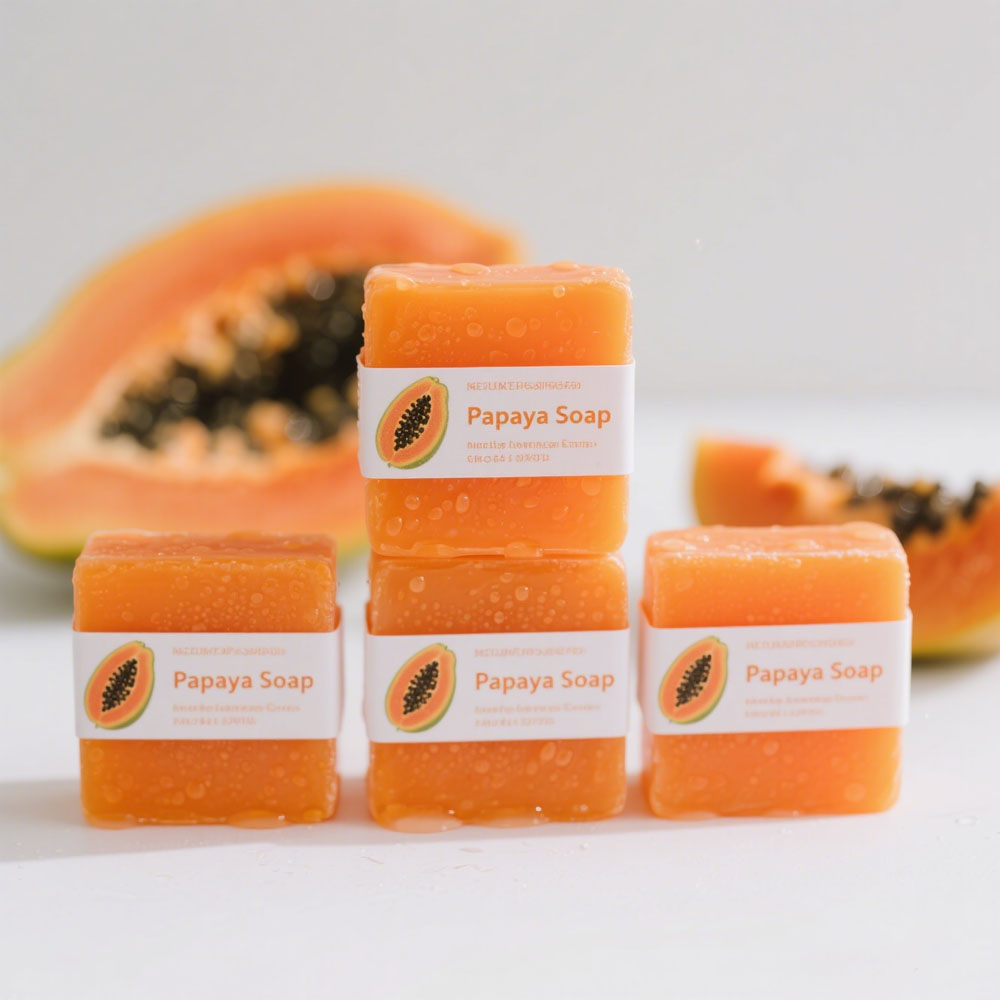 Discover the Power of Papaya S
Discover the Power of Papaya S
 Why Choose African Black Soap:
Why Choose African Black Soap:
